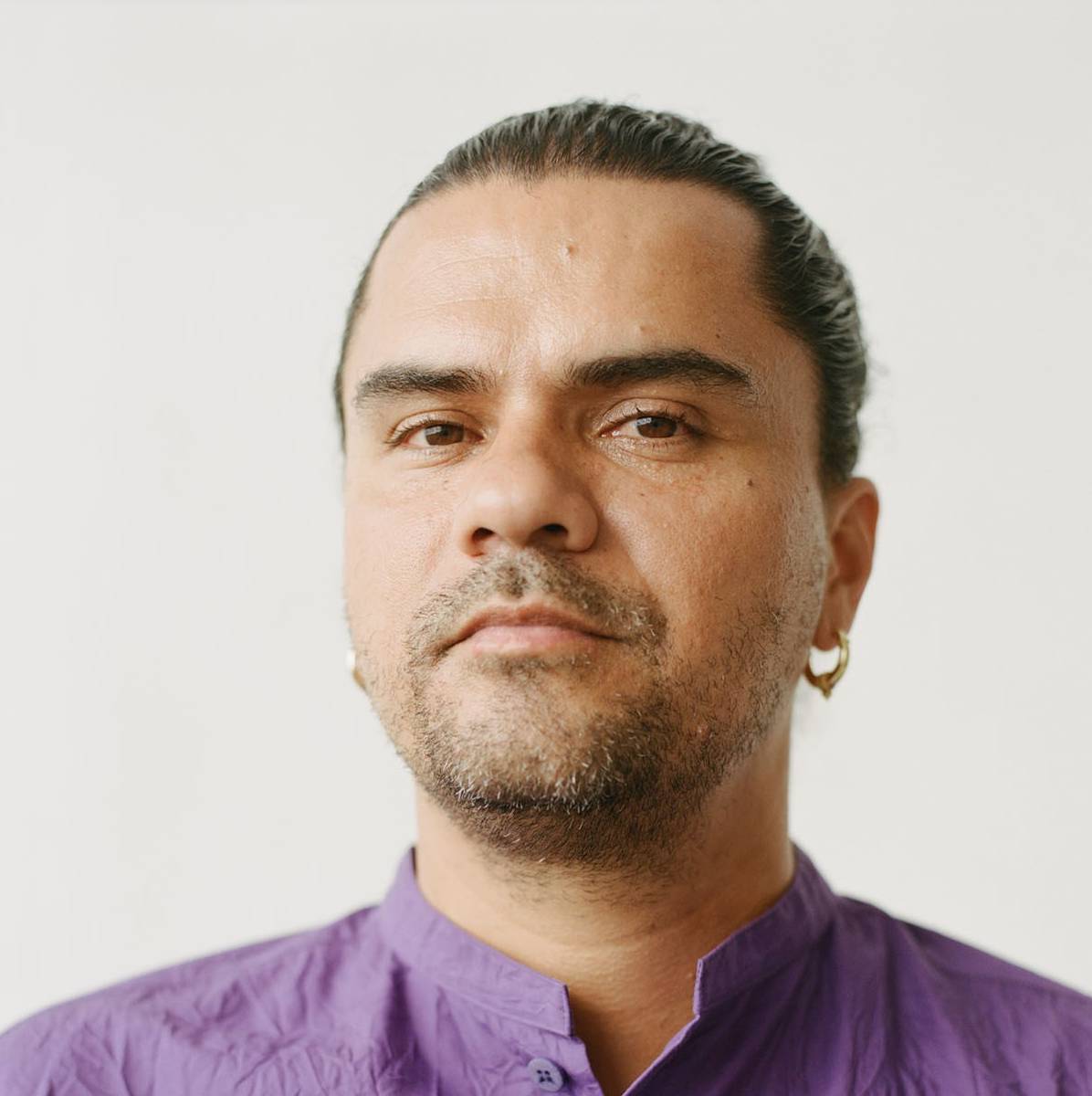Luis C Rincon Alba
Assistant Professor

Luis Rincón Alba is an artist and scholar whose research focuses on the political and social potential of festive practices in the Caribbean and Latin America. He delves into the history of rebellion and insurrection during the colonial period and investigates how this history informs and shapes contemporary artistic practices.
His book project, “Dance to the Hurt! Carnival Performance, Riots, and Festive Mutuality,” is a study that links the history of carnivals in the Caribbean with the riots that were critical to the end of slavery and colonial regimes. His work establishes a genealogy between these intertwined histories to offer a unique perspective on how contemporary art practices in the Caribbean and Latin America have embraced carnival aesthetics as a source of creation and inventiveness that foregrounds collective political claims. He argues that carnival practice represents a technology of coming together that challenges modern understandings of selfhood, a viewpoint that he illuminates through music, dance, contemporary literature, experimental film, video installation, performance art, and political organizing.
As an artist, Rincón Alba draws from historical materials and practices that he has encountered in his native Colombia and in his travels around the Caribbean and the Americas. He works across various mediums, including live performance, film, video, sound, and writing, to convey the unspoken lineages of rebellion that continue through festive practice. His performance work and installations have been featured at the Hannah Traore Gallery and the Clemente Center in NYC. His most recent works, Maraca (2022), The Voice Does Go Up (2023), and Chant Down (2023), offer a systematic study of percussive patterns and the voice’s transcendent qualities.
Rincón Alba teaches courses and conducts research on a broad range of topics, including performance studies, festive and political practices in the Americas, Latin American and Caribbean aesthetics and criticism, contemporary art from the Americas, race and ethnicity, sound, and musical performance. His work explores how popular culture animates political movements and contemporary artistic practices, with a particular emphasis on the performativity of festive and carnival performance. Through his scholarship, he traces the aesthetic and political genealogy of carnival practices in contemporary literature, performance art, and music while addressing how this emergence troubles historical understandings of race, gender, and class.
Luis Rincón Alba has received numerous fellowships and awards in recognition of his contributions to the humanities. He has been a fellow at NYU’s Center for the Humanities and the Urban Democracy Lab and has also received public humanities fellowships at Columbia University’s Center for the Study of Social Difference and Humanities New York. In 2010, he was awarded a prestigious Fulbright fellowship.
Educational Background
Ph.D. in Performance Studies, New York University
M.A. in Performance Studies, New York University
M.A. in Philosophy, Stony Brook University
B.A. in Philosophy, Universidad del Atlántico, Colombia